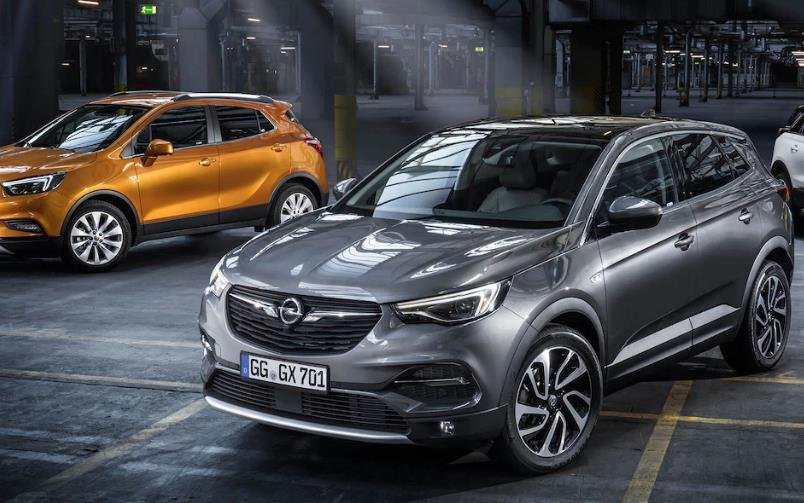German automaker Mercedes-Benz has raised concerns about the European Commission’s (EC) proposed tariffs on Chinese electric vehicles (EVs), warning of potential long-term negative consequences for trade. The company called for postponing the tariff measures, emphasizing the need for dialogue and negotiations to resolve the issue.
Mercedes-Benz Pushes for Trade Dialogue
In a statement sent to the Global Times on Saturday, Mercedes-Benz advocated for trade regulations grounded in World Trade Organization (WTO) rules. The company believes that rushing the enforcement of these tariffs would be a mistake and urged the EC to take time for further discussions with China.
- Key concerns: The automaker warned that imposing countervailing duties on Chinese EVs could hinder economic cooperation and trade between the EU and China.
- Industry response: Mercedes-Benz joins a growing number of voices within the German automotive industry opposing the EC’s protectionist measures.
The proposed tariffs, set to last five years, have sparked debate across the European Union, with Germany, the EU’s largest economy, voting against them in a crucial vote held last Friday. Mercedes-Benz’s stance highlights fears of escalating trade tensions between the EU and China, two major players in the global EV market.

Industry Leaders Speak Out
Mercedes-Benz is not alone in expressing its concerns. Oliver Zipse, CEO of fellow German automaker BMW, described the EC vote as a “fatal signal” for the European automotive sector. He urged both sides to quickly negotiate a settlement to avoid a trade conflict that would harm all parties involved. Zipse’s comments reflect the rising unease within Germany, which has historically enjoyed strong trade ties with China.
- Germany’s vote: Germany opposed the EC’s tariff proposal, signaling the country’s commitment to finding a diplomatic solution.
- Growing protectionism: Critics argue that the vote reflects a trend within the EU to prioritize political objectives over industry concerns.
Cui Hongjian, a professor at the Academy of Regional and Global Governance in Beijing, noted that the vote underscores the widening gap between EU politicians and industry leaders, further complicating the issue.
China’s Response and Ongoing Negotiations
China has responded strongly to the EC’s decision, with the Ministry of Commerce (MOFCOM) labeling the tariffs as unfair and protectionist. China’s electric vehicle industry, which has rapidly expanded in recent years, has seen increasing investments from European companies. Chinese officials have expressed hope that ongoing negotiations will help resolve the dispute.
China’s Chamber of Commerce to the EU also voiced its disappointment with the outcome of the vote. The chamber, along with the China Council for the Promotion of International Trade (CCPIT), reiterated the importance of handling trade disputes through dialogue rather than unilateral tariffs.
- China-EU cooperation: Both sides have benefitted from cooperation in the EV sector, and Chinese officials emphasized that punitive measures could jeopardize this partnership.
- WTO rules: China has repeatedly called for adherence to WTO rules, advocating for free trade and fair competition.
The CCPIT also highlighted the potential for long-term cooperation in the EV market, urging both China and the EU to resolve their differences through diplomatic means.
















